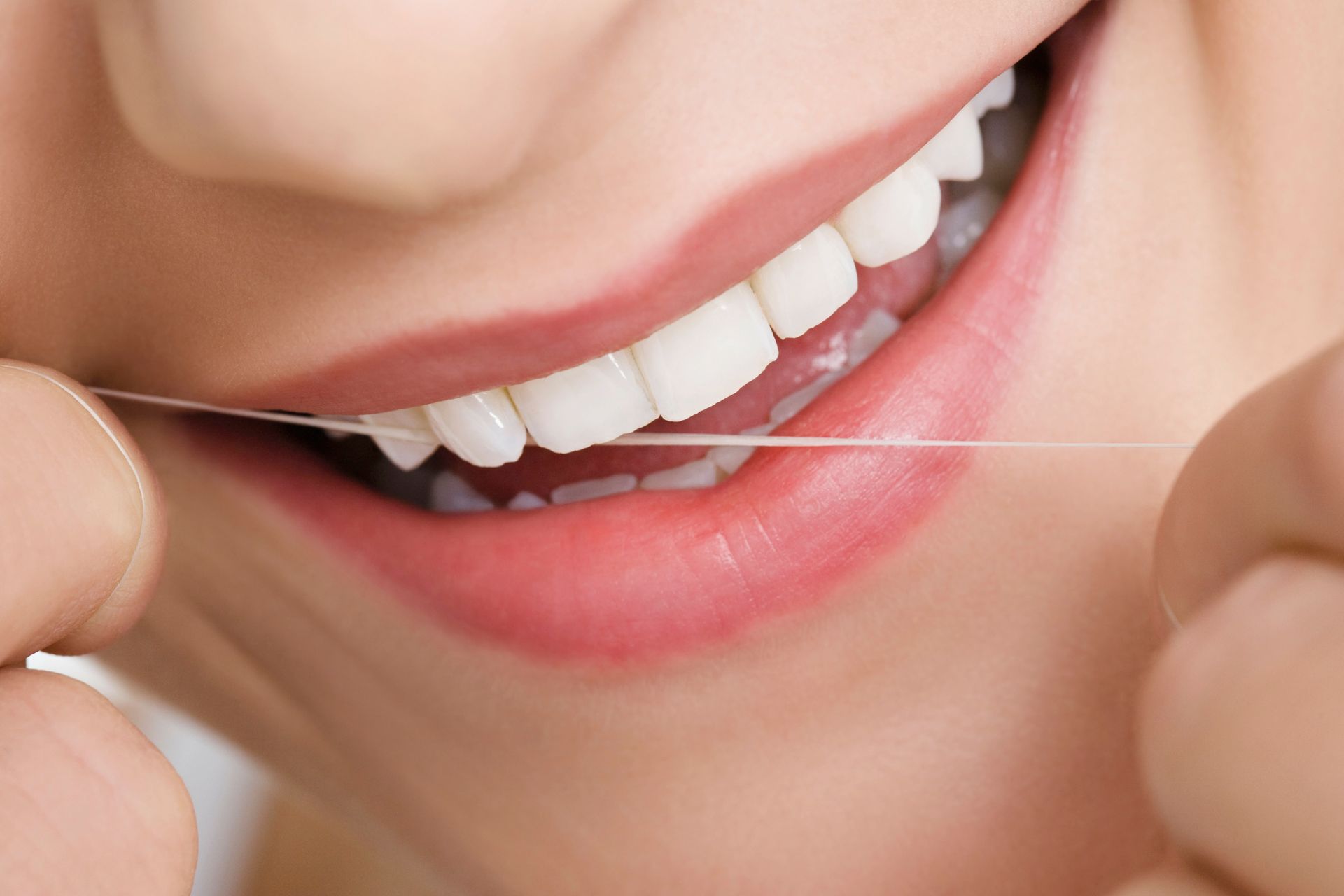Top Common Dental Myths Busted by a Dentist
When it comes to oral health, many people rely on habits or advice that may not always be accurate. Over the years, myths about brushing techniques, dental visits, and even baby teeth have spread widely, leading to confusion and, in some cases, serious dental problems. While these misconceptions may seem harmless, they can actually prevent individuals from taking the right steps to protect their teeth and gums. By addressing these myths head-on, patients can gain a clearer understanding of what truly supports long-term oral health.
Brushing Harder Leads to Cleaner Teeth
When it comes to oral hygiene, one of the most common misconceptions is that brushing harder leads to cleaner teeth. The truth is, applying too much pressure can wear down enamel and damage gums, causing sensitivity and even gum recession. A dentist will often recommend using a soft-bristled toothbrush combined with gentle, circular motions to remove plaque effectively without harming the mouth. The emphasis should be on consistency and technique, not force, for healthier teeth and gums. Over time, harsh brushing can even shorten the lifespan of dental restorations such as fillings or crowns. By adopting a softer, more mindful approach, you protect not only your teeth but also the long-term health of your entire smile.
Correcting the Misbelief About Dental Visits
Another myth that persists is the idea that dental care is only necessary when you’re in pain. This misconception keeps many people from scheduling routine checkups. According to the CareQuest Institute for Oral Health, 68% of adults reported visiting a dentist within the past year, yet individuals with lower incomes or less education are more likely to delay care and rely on emergency treatment. Regular visits to a dentist are essential for prevention, allowing small issues to be caught early before they turn into painful or expensive problems.
Clarifying the Truth About Baby Teeth
A third widespread myth is that cavities in baby teeth don't matter since those teeth eventually fall out. Unfortunately, this belief often leads to neglected care for children. Untreated cavities in baby teeth can cause significant pain, infections, and even affect the development of permanent teeth. Establishing good oral hygiene habits early not only prevents immediate problems but also sets the foundation for lifelong dental health. Parents should encourage brushing and schedule pediatric dental visits as part of a child’s overall wellness routine.
Debunking dental myths is key to protecting both short-term and long-term oral health. By learning the facts, patients can adopt effective habits and make informed choices for themselves and their families. Regular consultations with a trusted dentist provide the best opportunity to clarify misconceptions and maintain strong, healthy teeth. For guidance tailored to your needs, reach out to Jennifer Lauvetz-Enmeier, DDS, today and take the next step toward a healthier smile.





Share On: